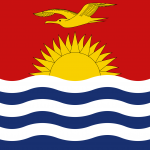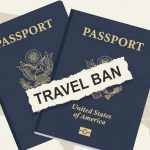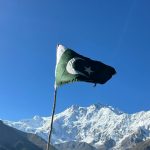After decades of war peace was achieved and a new autonomous political system of Banda Aceh was set up. Most importantly this has led to Sharia Law and to a degree peace.
What though exactly is the “system” and is Banda Aceh now the most Islamic State on Earth?
The Banda Aceh Conflict
The conflict in Aceh officially began in 1976 when the Free Aceh Movement known as GAM [Gerakan Aceh Merdeka] declared the region independent from Indonesia. What followed was almost 30 years of insurgency war torture and counterterrorism campaigns. Aceh was turned into a militarised zone with entire villages levelled and thousands of civilians tortured or disappeared.
For Jakarta the war was about national unity and resource control. For the Acehnese it was about survival religion and dignity. Despite multiple failed ceasefires it took the devastation of the 2004 tsunami to force both sides to the table. The result was the only real peace Indonesia has achieved with a separatist group.
The 2005 Helsinki Peace Accords
The peace deal signed in Helsinki in 2005 was the game changer. It allowed for Aceh to be granted special autonomy within Indonesia while GAM agreed to lay down arms and disband. Under the agreement Aceh would control local governance natural resources and could create its own political parties.
In exchange Indonesia would withdraw its military presence and allow for elections under the new framework. Crucially it also gave Aceh the right to implement Sharia Law as part of its local legal code. This was seen as a way to let the region express its identity while still technically remaining part of Indonesia.
The peace has mostly held since then but the political and religious reality created by the deal has taken Aceh in a very different direction from the rest of the country.
The Political System of Banda Aceh
Aceh is the only province in Indonesia allowed to have local political parties that do not exist at the national level. It has a provincial government that oversees everything from education to law enforcement to the implementation of Islamic law. The executive power sits with a governor elected every five years. Beneath him is the Aceh People’s Representative Council [Dewan Perwakilan Rakyat Aceh or DPRA] which acts as the regional legislature.
Elections are held at both provincial and regency level and while technically democratic there have been regular complaints of corruption vote buying and intimidation. The governor position is a powerful one due to the autonomy deal with many former rebels using the role to consolidate power.
The Indonesian central government still maintains influence through funding and national courts but largely turns a blind eye to what goes on in Aceh as long as it does not threaten the wider republic.
Political Parties in Banda Aceh
Partai Aceh
Formed by former GAM commanders and widely seen as the political wing of the independence movement. Still the dominant force in Acehnese politics. Their platform mixes Islamic values autonomy and Acehnese nationalism. Accused of becoming corrupt and power hungry once in office.
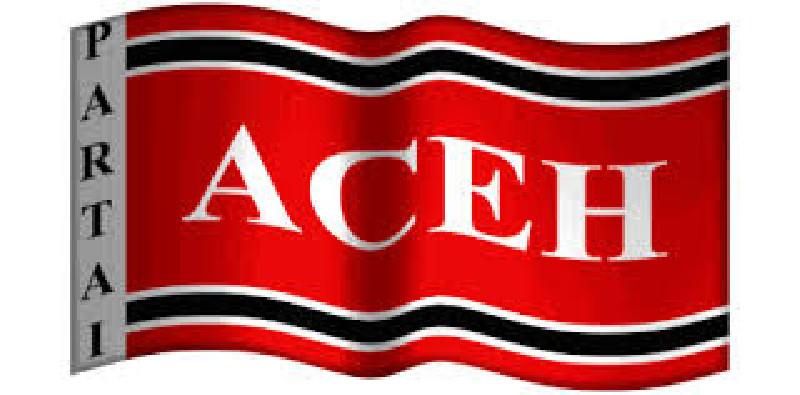
Partai Nanggroe Aceh
Split from Partai Aceh and slightly more moderate. Claims to represent broader Acehnese interests beyond the ex-GAM circle. Focuses on governance development and keeping autonomy alive but without full independence.
Partai Darul Aceh
A more conservative Islamic party that pushes for strict adherence to Sharia Law. Appeals to hardline religious voters who feel Partai Aceh has gone soft on Islam.
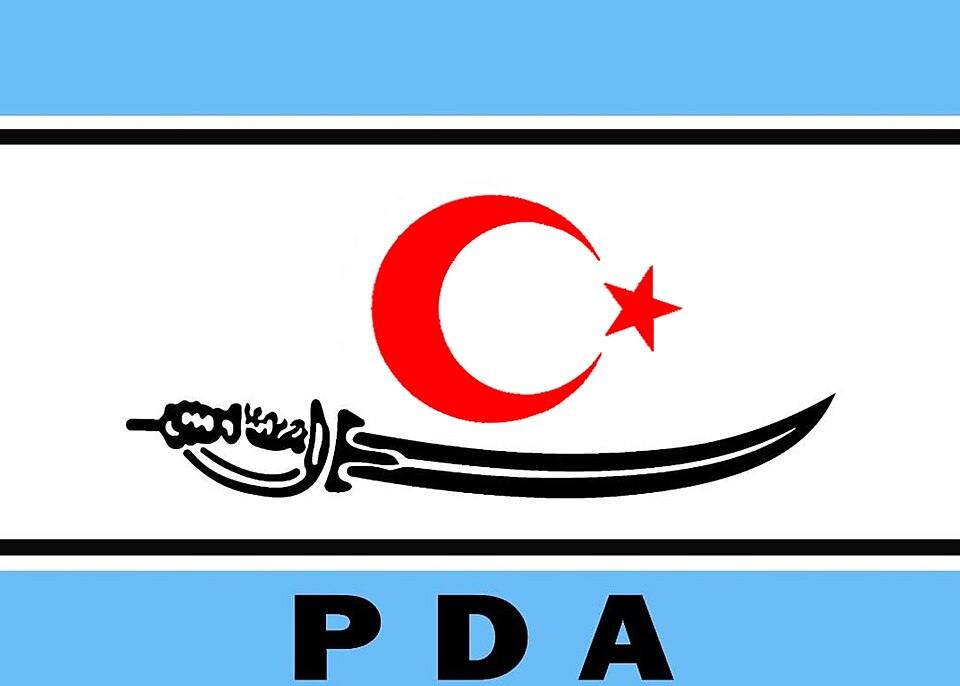
Partai SIRA
A grassroots party that came out of the civil movement for Acehnese self-determination. Pro-democracy and critical of both GAM and Jakarta. Limited electoral success but respected by liberal voices.
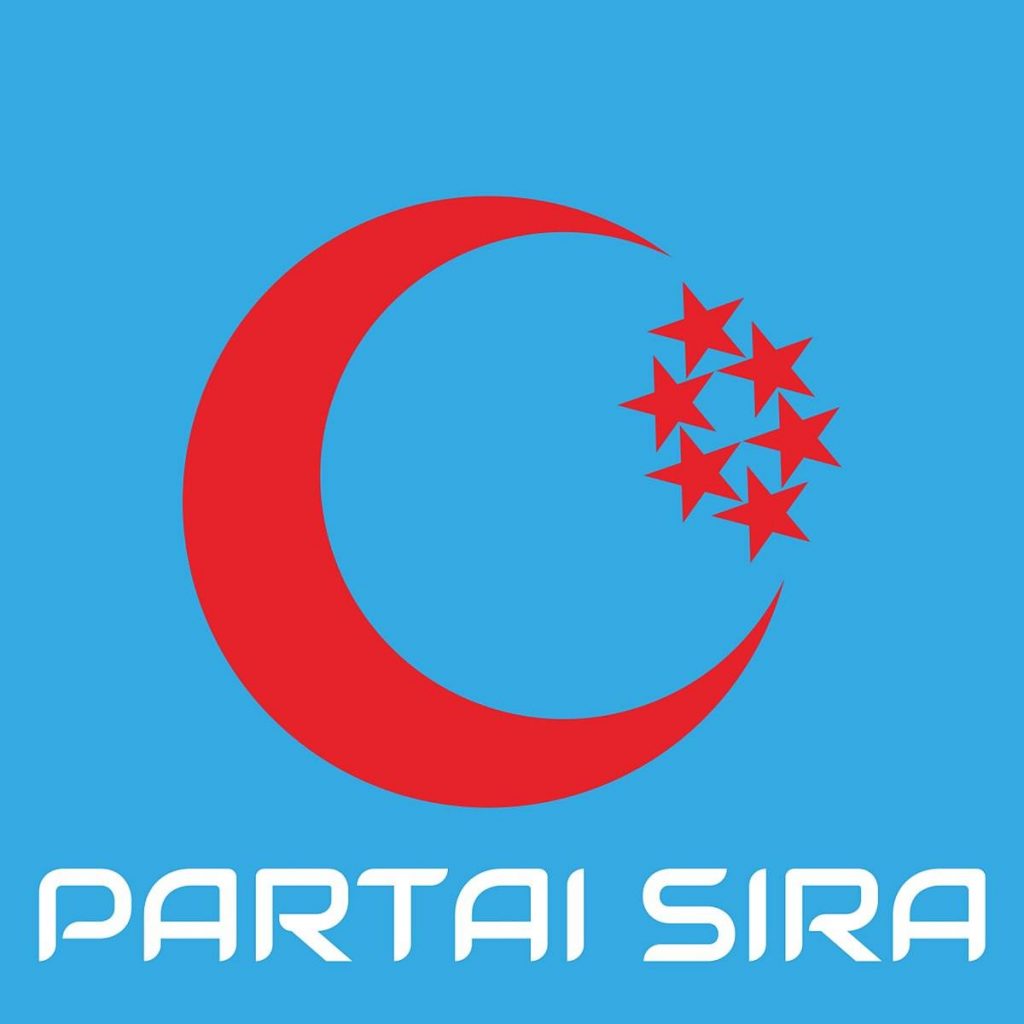
National Parties (Pusat)
Parties like PDI-P and Golkar can technically run in Aceh but usually get crushed in local elections. Locals still see them as tools of Jakarta.
Sharia Law and the Political System of Banda Aceh
One of the most controversial results of the peace deal was Aceh’s right to implement Islamic law. This was supposed to be symbolic or limited at first but has gradually expanded to become central to governance. Today Banda Aceh enforces a form of Sharia stricter in some areas than even Afghanistan.
There are public floggings [cambuk] for alcohol consumption homosexuality adultery and being alone with someone of the opposite sex who is not your spouse [khalwat]. Women are required to wear the hijab in public. Men and women cannot mix in certain public settings like concerts or sports events. Even cafes and restaurants are sometimes segregated.
The Sharia police [Wilayatul Hisbah] patrol public areas and have the power to arrest and detain people based on moral behaviour. While officially this system is meant to preserve Islamic values it is often used to harass the poor women and religious minorities. There are regular cases of abuse forced confessions and dubious legal processes.
Aceh is the only place in Indonesia where such laws are enforced and it exists as a legal exception. Even Bali and Java which are majority Muslim have nothing close to this. In some cases it even outpaces Saudi Arabia in its moral codes. And yes it is probably worse in some ways than Afghanistan.
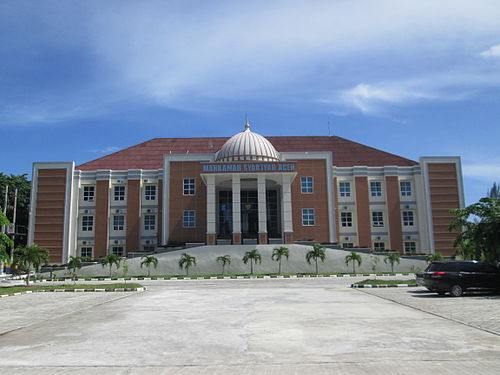
Conclusion on the Political System of Banda Aceh
Banda Aceh is unique not just in Indonesia but in the wider Muslim world. It is a place where a separatist war ended in peace but that peace came with the price of religious authoritarianism and political fragmentation. For some it is a model of Islamic autonomy. For others it is a failed experiment.
The fact that no other Indonesian province has asked for similar powers speaks volumes. While locals are no longer dying in war they are also not free to drink a beer go on a date or express a political opinion outside of a narrow band of accepted thought. It remains peaceful yes but still deeply divided.
Click to check our Indonesia Tours.



